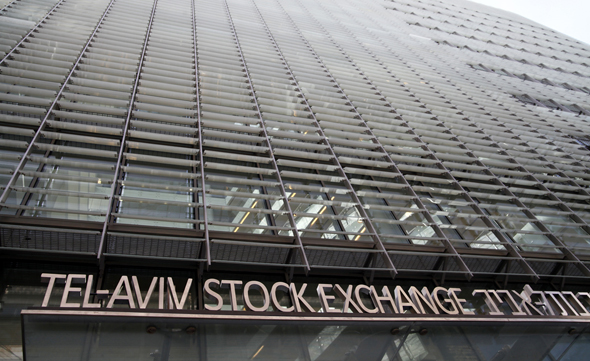Brief
Israel’s Central Bank Wants Increased Regulation on Algorithmic Trading
Over 90% of the activities on the Tel Aviv Stock Exchange are algorithmically performed, according to a new research published by Israel’s central bank last week
Over 90% of the activities on the Tel Aviv Stock Exchange are algorithmically performed, according to a new research published by Israel’s central bank last week. While the number of algorithmic automated high-frequency trading (HFT) activities on the exchange is higher than most stock exchanges, the actual rate of transactions they execute, between 23% and 35%, is significantly lower than global standards, the report said.
Based on the findings, the Bank of Israel recommended reviewing the need to restrict HFT in all financial assets traded on the exchange. This will contribute to reducing the risk of failures and manipulation, the bank said in the report. While algorithmic trading can contribute to the trading quality, it adversely impacts slower, non-algorithmic traders, increases information asymmetry, and negatively impact asset liquidity, the bank said.
 Tel Aviv Stock Exchange. Photo: Bloomberg
Tel Aviv Stock Exchange. Photo: Bloomberg



